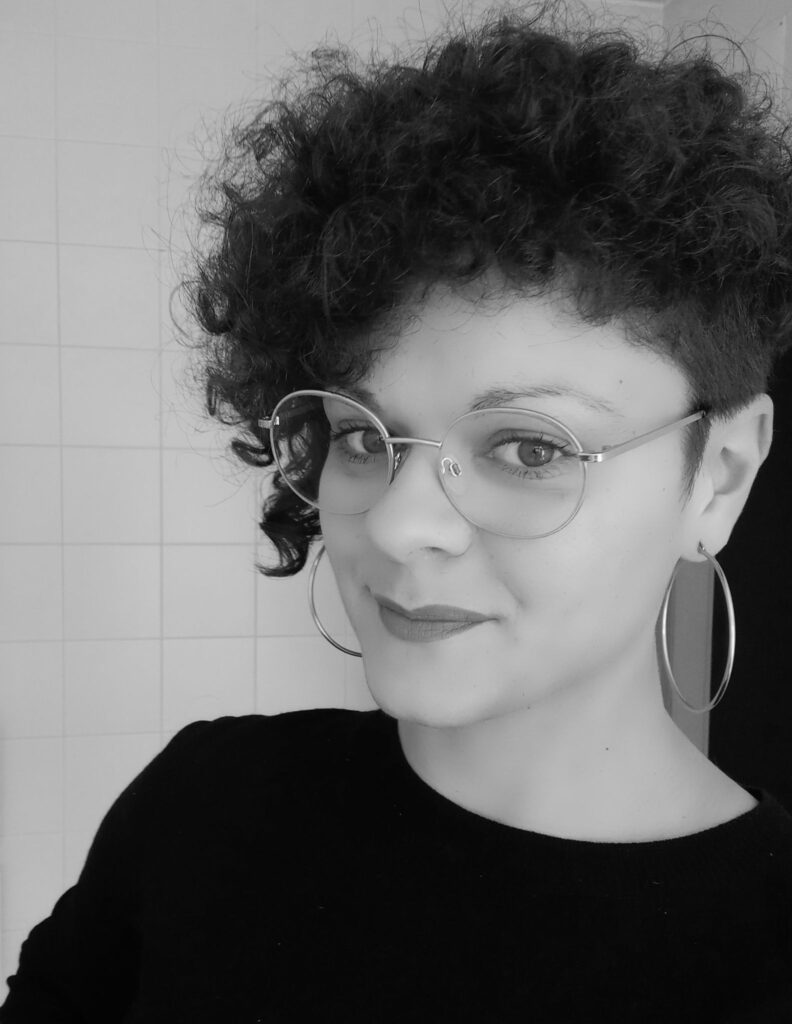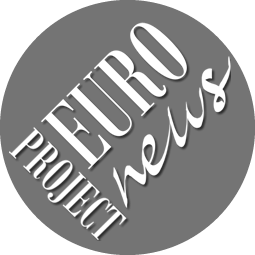(FCT Researcher at CECS – Centro de estudos de comunicação e sociedade, Universidade do Minho, Braga, Portugal)
The Qualities of Qualitative Research in Discourse Analysis.
Hybrid Literary Journalism as a Case Study
January 14, 2021 – 3:30-5:00 pm (GMT) – on Zoom
Discourse Analysis in Journalism Studies has been long dominated by a linguistic approach that have often imposed a quantitative methodology for the measurement of research findings. Drawing on existing reflections and studies on the topic, as well as on the author’s personal research experience, the seminar will propose alternative routes to the imperative of quantitative research. In particular, it will highlight the benefits of qualitative research in the field of journalism studies by taking into consideration the specific case of hybrid literary journalism and its analysis.
Suggested reading:
Haraway, D. “Situated knowledges: The science question in feminism and the privilege of partial perspective.” Turning points in qualitative research: Tying knots in a handkerchief 2003 (2003): 21-46.
Papacharissi, Z. “Toward New Journalism(s) Affective News, Hybridity, and Liminal Spaces.” Journalism studies 16.1 (2015): 27-40.

Dr Nicoletta Mandolini is a FCT Junior Researcher at CECS (Centro de Estudos de Comunicação e Sociedade) at Universidade do Minho (Portugal), where she is working on the project Sketch Her Story and Make It Popular. Using Graphic Narratives, Italian and Lusophone, in Feminist Activism Against Gender Violence (https://www.sketchthatstory.com/). She worked as FWO Postdoctoral Researcher at KU Leuven (Belgium) and she owns a PhD from University College Cork (Ireland). Funded by the Irish Research Council, her doctorate project focused on the representation of gender-based violence and feminicide in contemporary Italian journalistic and literary narratives. Among other articles on sexist abuse in contemporary Italian literature and media, she co-edited the volume Rappresentare la violenza di genere. Sguardi femministi tra critica, attivismo e scrittura (Mimesis 2018). She is an active member of the CASiLaC (Centre for Advanced Studies in Languages and Cultures) research cluster on Violence, Conflict and Gender, that she co-convened from 2016 until 2019. Her research interests include feminist theory, gender-based violence, Italian women writers, comics studies, feminist media studies and transmedial storytelling.
Below, the recording of the event:
